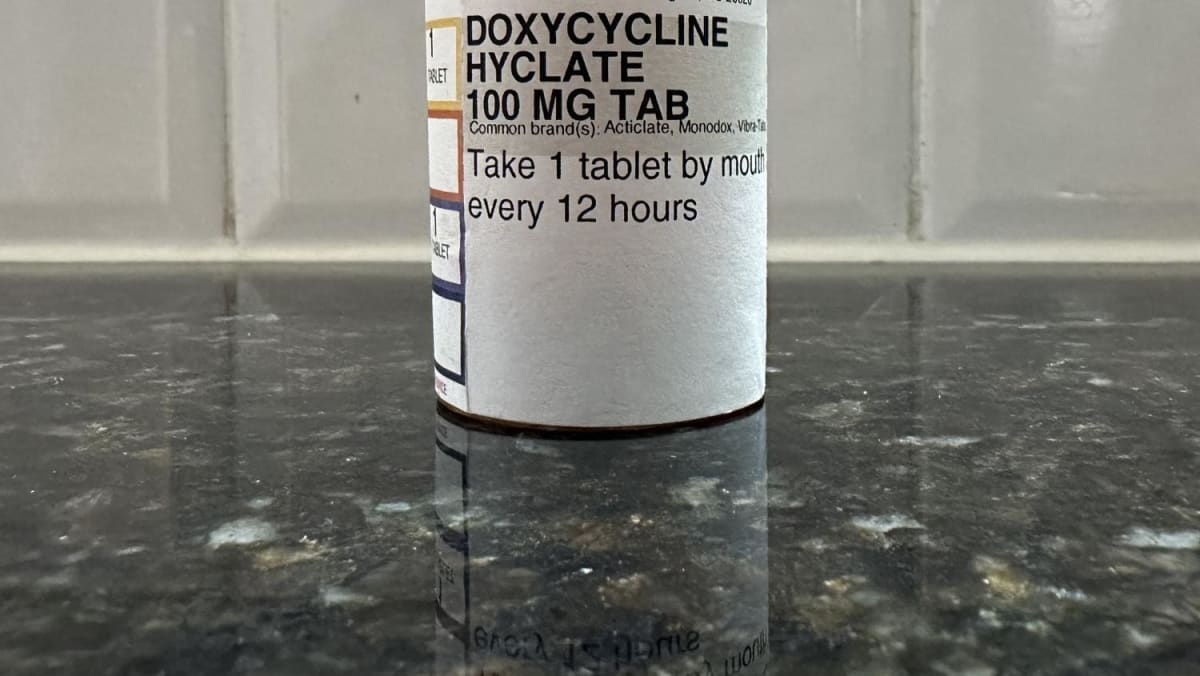
WASHINGTON — The United States is set to roll out a powerful new weapon in the long fight against sexually transmitted infections: a decades-old antibiotic repurposed as a preventative pill.
DoxyPEP, or doxycycline used as a post-exposure prophylaxis, has been found to significantly cut the risk of chlamydia, gonorrhoea and syphilis when used after condomless sex.
The Center for Disease Control and Prevention (CDC), which is developing national guidance for clinicians, will need to weigh the need to contain record-high rates of STIs impacting millions of Americans against potentially giving rise to more antibiotic-resistant strains.
“Innovation and creativity matter in public health, and more tools are desperately needed,” senior CDC official Jonathan Mermin told AFP.
But the recommendations, set for publication this summer, will remain narrow in scope.
They will likely target only the most at-risk groups of gay men and transgender women with histories of prior infection.
As word spreads, some clinics are already prescribing DoxyPEP.
Mr Malik, a 37-year-old man in Washington, said his doctor recently told him he could start using doxycycline as a “morning-after pill” following risky sex, something he’s had to do twice — including after a partner did not warn him he had removed his condom.
TWO-THIRDS REDUCTION
Reported cases of the three bacterial infections grew to 2.5 million in the United States in 2021, following about a decade of growth.
DoxyPEP could even boost responsible antibiotic stewardship — cutting the incidence of infections, thus also cutting the need for antibiotic treatment.
If it slashed gonorrhoea cases by some 50 per cent, it could reduce the number of people requiring antibiotic treatment with the current frontline treatment drug, ceftriaxone, which doctors are eager to preserve.
Longer term study is required, on both impacts on STIs but also “bystander” bacteria such as Staphylococcus aureus, which live inside people’s noses but sometimes cause serious infections.
‘ADDITIONAL TOOL’
Mr Malik said that while he is glad he could use DoxyPEP as a last resort, he wishes more men were willing to use condoms. Since moving to America from South Asia, he gets relatively little interest on dating app Grindr when he says he’s not willing to have condomless sex.
But Stephen Abbott — a doctor at Washington’s Whitman-Walker clinic who prescribes and uses DoxyPEP — said it’s crucial to meet people where they are.
“From speaking with patients, and being part of the community that’s now on PrEP… I think the age of prevention through condoms is fading,” he told AFP.
A 42-year-old man in London who runs a cultural organisation told AFP that word had spread about DoxyPEP through the international gay party circuit and he had procured a supply on the black market and through a partner who buys in bulk in Mexico.
It had largely worked for him, though he did have one breakthrough infection of throat gonorrhoea. He said he was looking forward to the United Kingdom adopting similar guidance so that people have the right information and aren’t left to guess at the right dosage.
For Prof Luetkemeyer, DoxyPEP won’t be “the answer” to the STI epidemic, and there is considerable interest in the development of a gonorrhea vaccine.
“But I’m optimistic… I think this is an additional tool,” she said. AFP